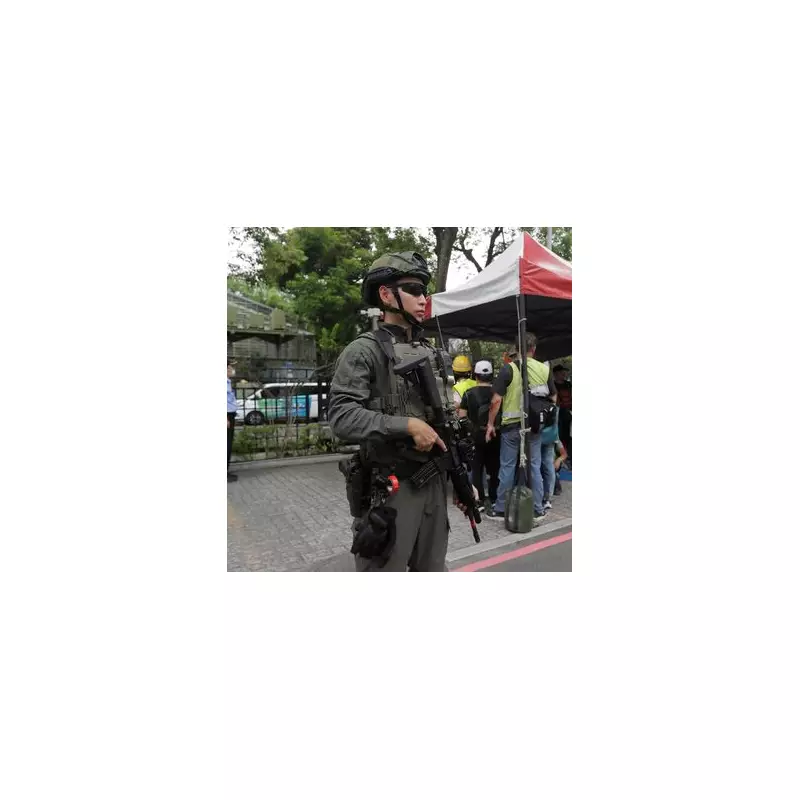
In a stark move reflecting heightened anxieties, Taiwan's government has published a comprehensive civilian handbook detailing how to survive a potential military invasion from mainland China.
The 30-page guide, released by Taiwan's Ministry of National Defense, serves as a sobering manual for the island's 23 million citizens. It outlines practical steps for preparedness, emergency response, and survival should a conflict erupt across the Taiwan Strait.
Inside the Civilian Survival Manual
The handbook covers a range of critical scenarios, moving beyond abstract warnings to provide tangible advice. Key sections include:
- Identifying bomb shelters and safe locations in residential areas.
- Emergency supply kits: Guidance on stocking food, water, medicine, and essential documents.
- Responding to disinformation: How to identify and avoid enemy propaganda and fake news aimed at causing panic.
- Blackout procedures: Instructions for maintaining communications and power during outages.
- First aid and basic trauma care for civilians in a conflict zone.
The publication is a direct response to increasingly aggressive military posturing from Beijing. The People's Liberation Army (PLA) has conducted numerous drills simulating a blockade and invasion of the self-ruled island, which China claims as its own territory.
A Message of Resilience, Not Defeatism
Taiwanese officials have framed the handbook not as an expectation of defeat, but as a pillar of a strategy known as 'whole society defence'. The aim is to bolster societal resilience, ensuring that the public remains calm, informed, and capable of supporting the island's military efforts in a crisis.
'Preparedness reduces panic,' a defence spokesperson stated. 'This is about empowering our people with knowledge, ensuring that every citizen understands their role in national defence.'
The release has sparked a mix of reactions domestically. Some citizens welcome the pragmatic advice, while others view it as an alarming escalation in rhetoric that brings the prospect of war closer to home.
Internationally, the handbook is seen as the latest indicator of dangerously escalating tensions in one of the world's most critical geopolitical flashpoints. It underscores the Taiwanese government's assessment that the threat of conflict is real and necessitates concrete public preparation.





